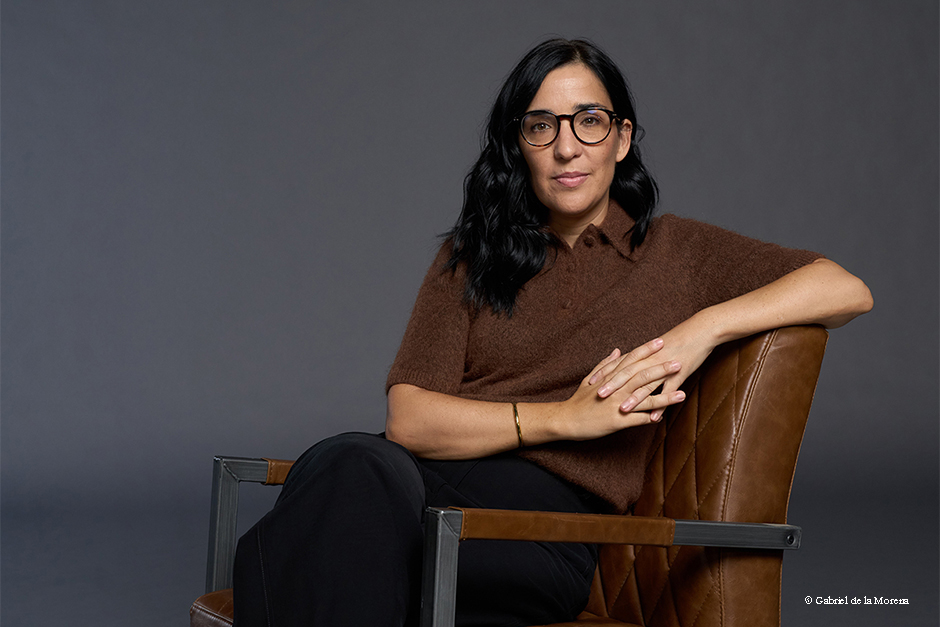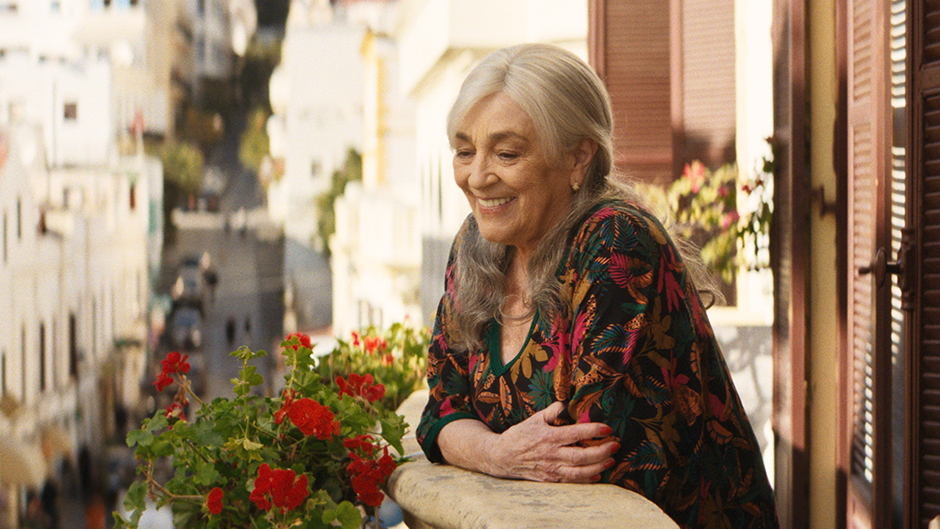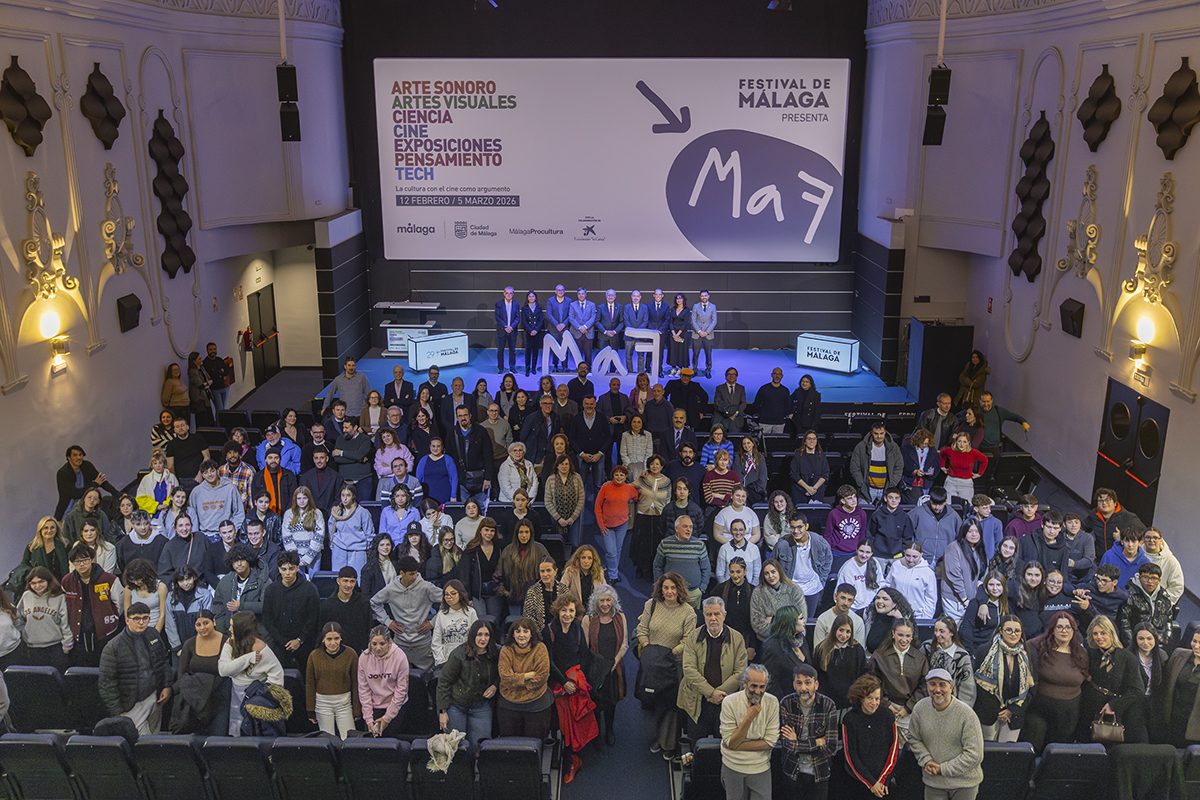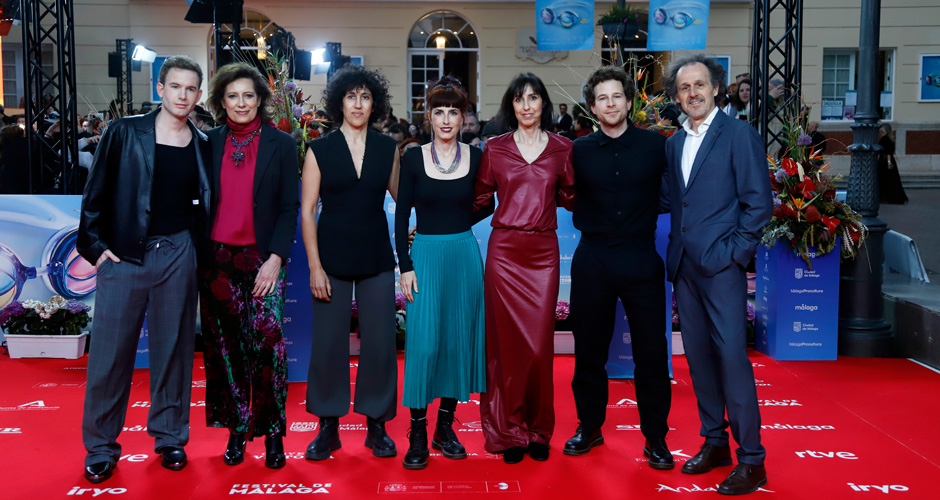The Cinema and Health cycle addresses multiple sclerosis with the film '100 metres', by Marcel Becerra
The film starring Dani Rovira serves as a preamble to a discussion about the disease with Dr. Jesús Romero Imbroda, head of the Neurology Service at the Quirónsalud Málaga Hospital
The new section of this 27th edition of the Festival de Málaga 'Cinema and Health' has come to an end with a second session this Friday afternoon, 8th of March , focused on multiple sclerosis, a neurological disease of which the origin is not known and whose numbers have increased in recent years. Previously considered a rare disease and ignored due to its poor diagnosis, it's been focussed on recently since the incidence is around 50–60 cases per 100,000 people, mostly detected in women and young people.
To bring this disease to light, '100 metros' (2016) was screened, a renowned feature film directed by Marcel Barrena starring Dani Rovira, Alexandra Jiménez and Karra Elejalde. A plot that is based on the true story of Ramón Arroyo, a young man diagnosed with sclerosis who was told that he would not be able to walk even a hundred metres again. For this reason, he decided to fight by participating in the toughest sporting event on the planet. With the help of his wife and his grumpy father-in-law, the character begins a remarkable training in which he fights against his limitations, showing the world that giving up is never an option.
'It is a film that not only focuses on multiple sclerosis, but also deals with the stories of overcoming the many struggles,' said Dr. Jesús Romero Imbroda, head of the Neurology Service at the Quirónsalud Málaga Hospital, in a discussion held by Mar García Rubira after watching the film.
The doctor emphasised that a cultural event like this feature film can raise awareness and empathise with patients and their families. Likewise, he took the opportunity to provide information about neurological diseases, explaining that they can be divided into two types: those that occur through outbreaks or attacks, or those that have a progressive course. At the same time, he has focused on age as an associated factor, as well as the interesting prevalence, mostly in women, without knowing the specific cause of the condition.
'When diagnosing these diseases, we tend to humanise patients. There is happiness when there is limitation, just as there is sadness when there is absence,' the doctor explained about the importance of solidarity and humanism as intrinsic values of the doctor. Furthermore, he explained how putting a first and last name in a diagnosis is a factor that greatly reassures patients, especially due to the development in pharmacology to treat these types of neurological diseases. 'We must be supportive as well as structure a plan that facilitates the logistics and comfort of patients,' Romero has claimed as tools to improve the way we fight against these diseases.
Share































